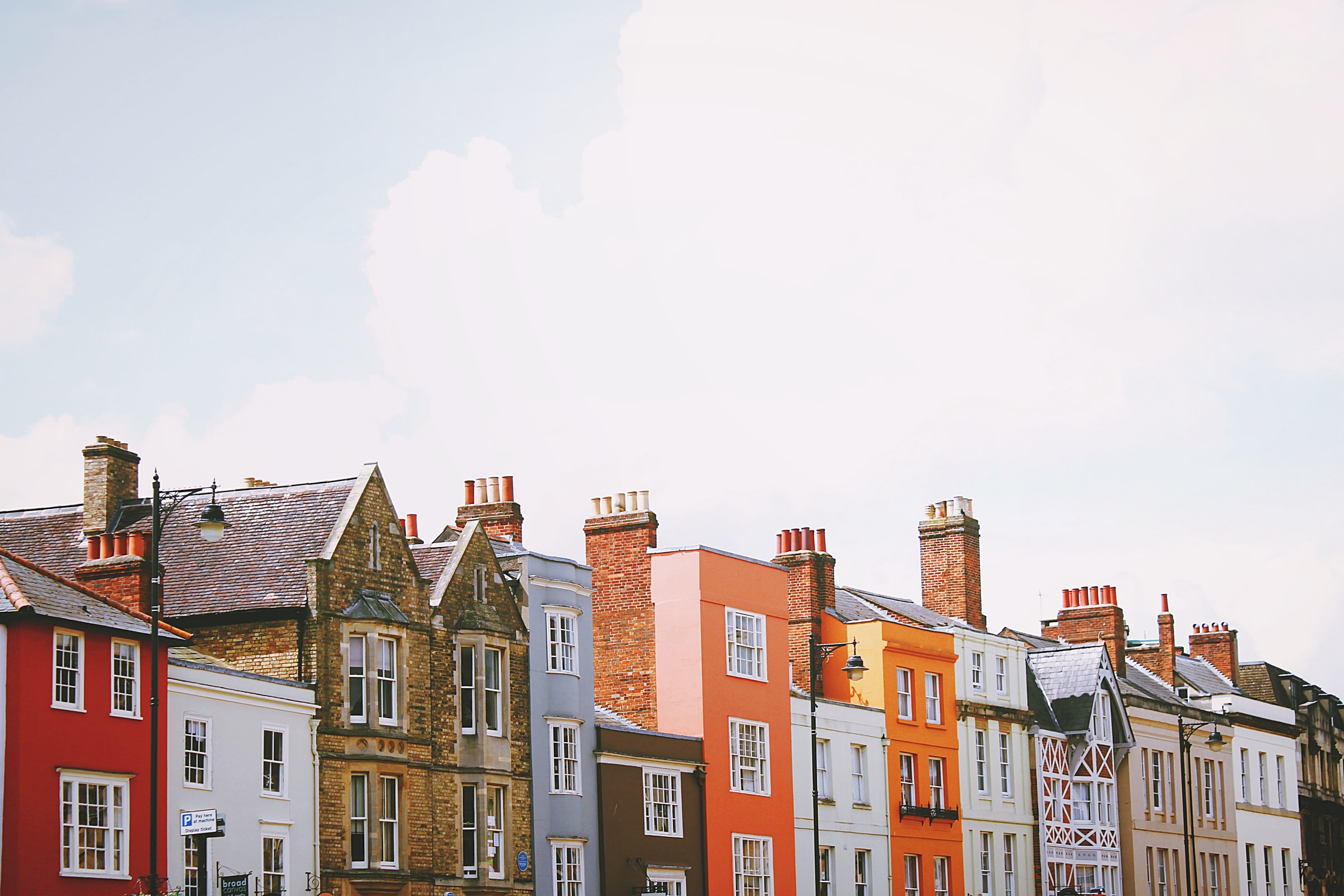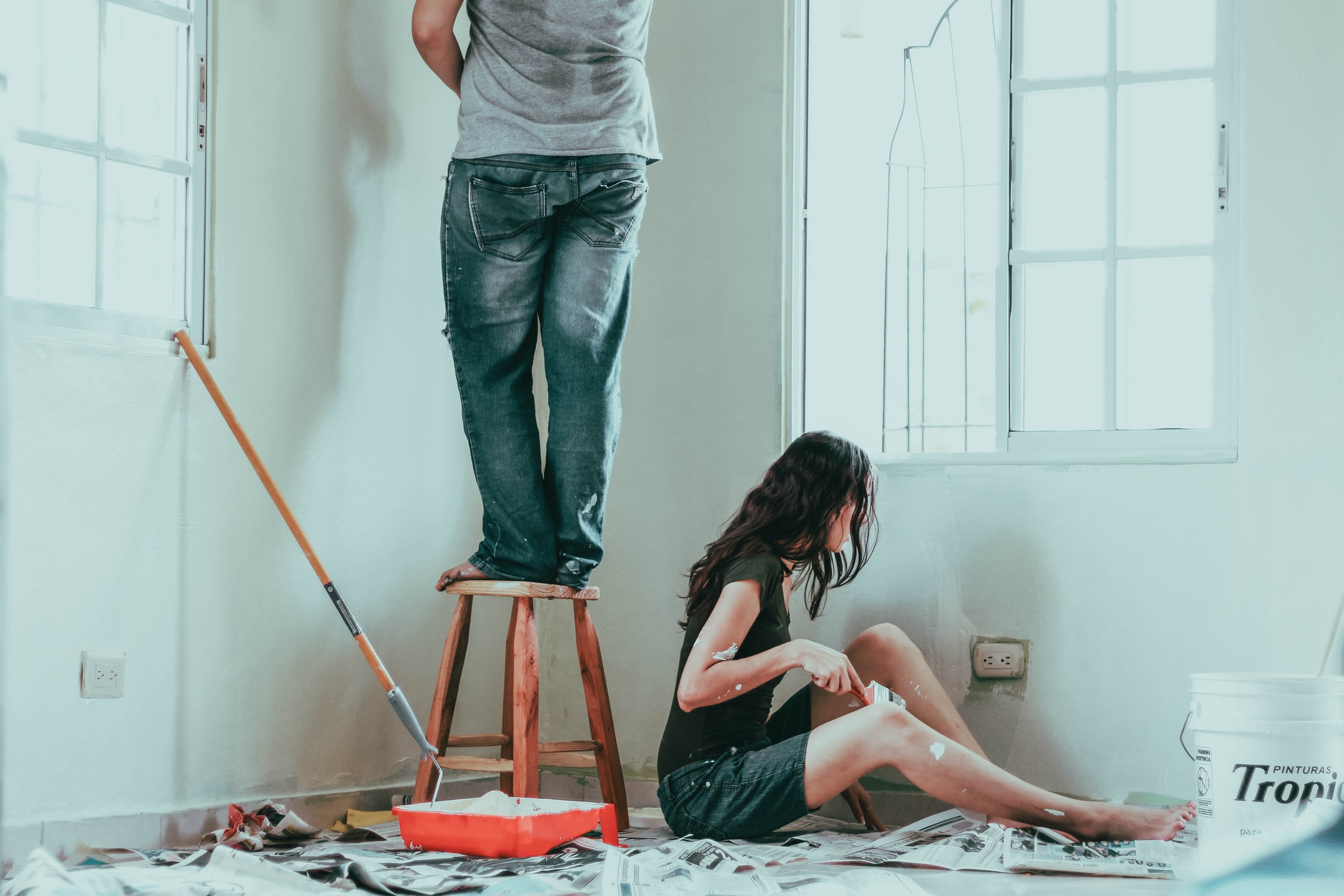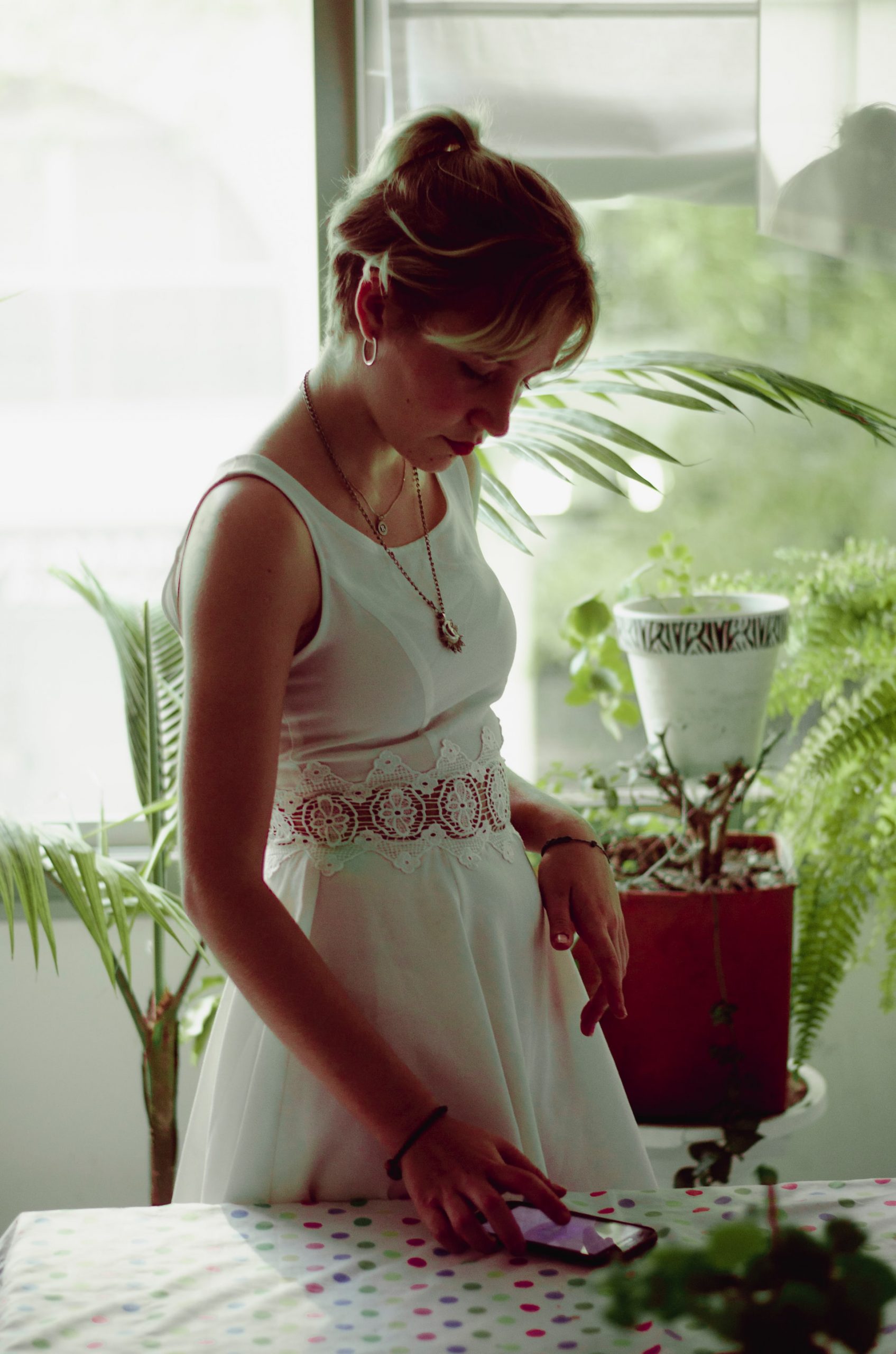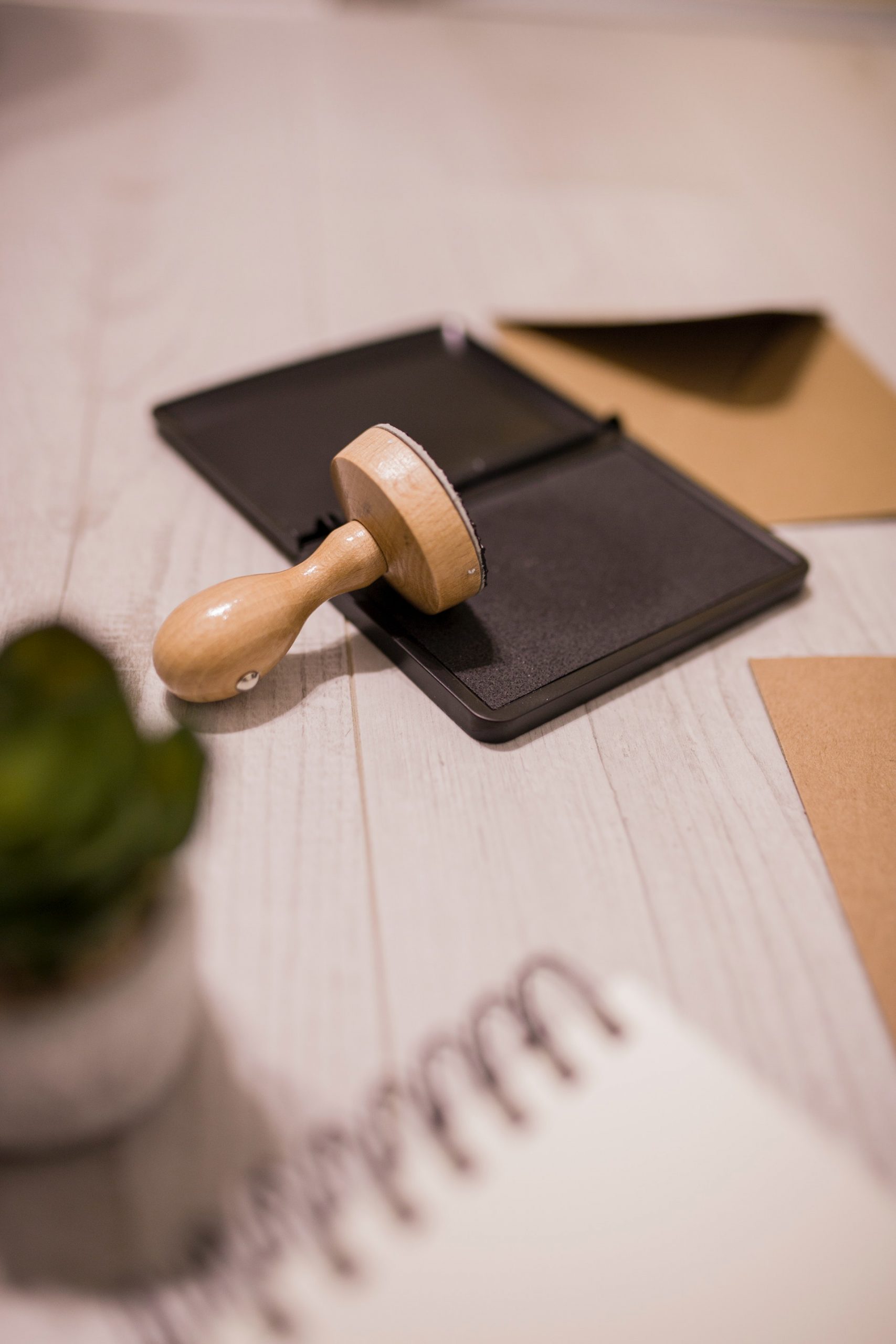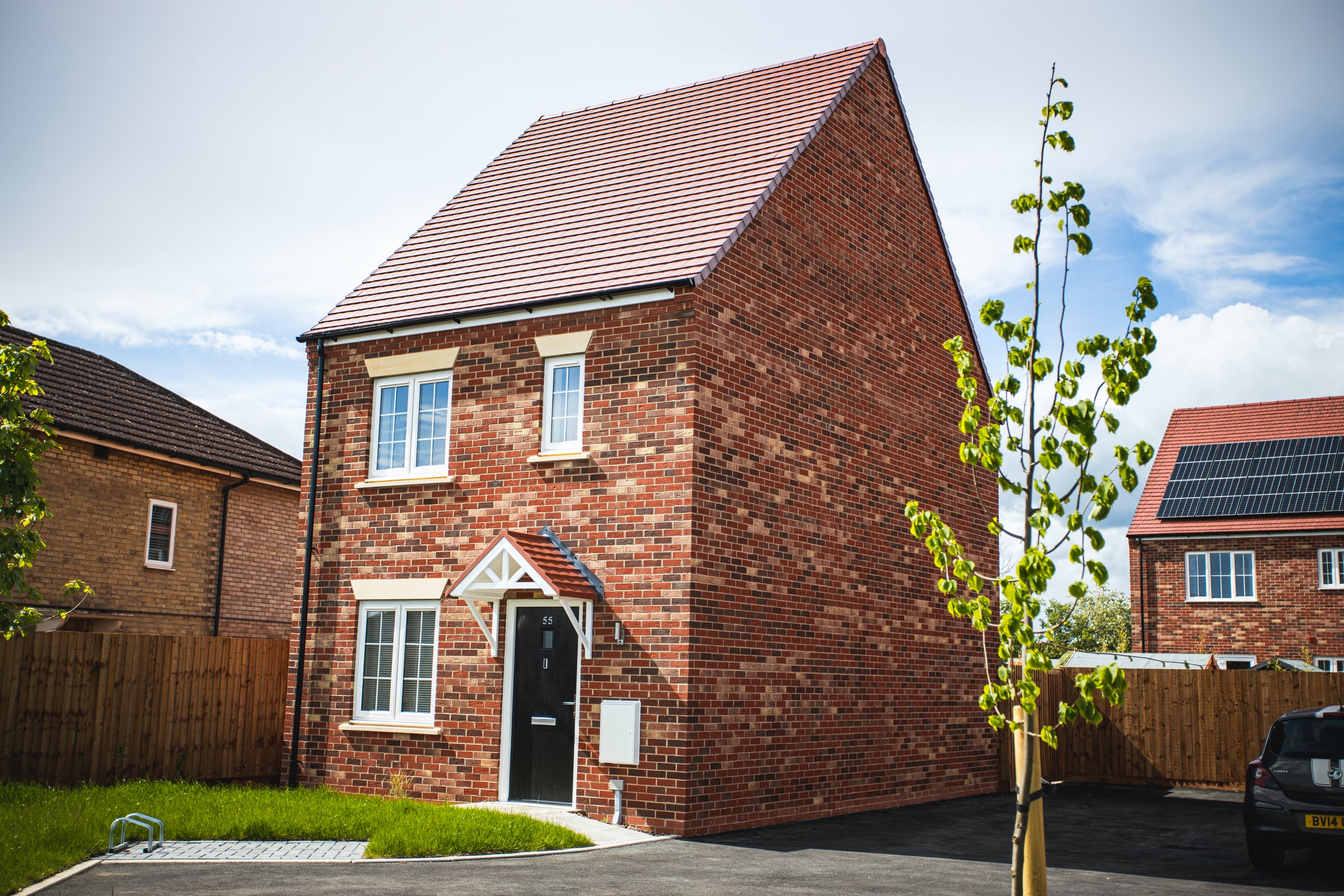The terms “freehold” and “leasehold” tend to come up a lot when looking to buy a house. If you’re looking to buy a shared ownership property, you will especially hear the term “leasehold” used a lot. But what’s the difference? Does it matter?
What's Included?
Freeholds vs. leaseholds – what’s the fuss about?
In short, the difference between a freehold and a leasehold is that “freehold” means you own the house and the land it is built on. On the other hand, leasehold means you own the house, but not the land it is built on. If you are a leaseholder, the plot your house is built on has its own freeholder. You lease the land from them for a fixed period of time. (Some leases are as long as 999 years!)
Leaseholders are expected to pay ground rent and service charges to the freeholder to maintain the upkeep of the property. This usually means repair work, cleaning and gardening, on top of gas, electric, Internet and council tax bills.
With leaseholds, you usually have to ask the freeholder for permission before undertaking major works on the property. This includes projects such as building a conservatory or a loft extension. This means you have less freedom to do with your home as you wish.
Leaseholds are much more common with flats and apartments, for obvious reasons.
In the past, some estate agents sold new build houses as leaseholds until quite recently, when changes in legislation made it so that new builds had to be sold as freeholds. These days, most houses sold on a leasehold basis are those that belong to housing associations.
The downsides of leaseholding
As mentioned above, leaseholders don’t have as much control over their homes as freeholders. They have to use their home in whichever way the freeholder thinks best. The freeholder can even exclude you from keeping a pet.
You are also expected to pay the freeholder towards upkeep of the land and the house, which can end up costing you a lot of money. This means that if you do build extensions, your service charges and ground rent might go up.
However, you do own the house, and this, as a leaseholder, is quite expensive for a number of reasons. As the lease reaches its end it can be harder to sell the house, meaning you may end up having to accept an offer lower than the house is actually worth. Leaseholding also makes the homebuying and selling process more expensive, which means that conveyancing fees are likely to be higher before and after you buy.
In short, being a leaseholder can often feel no different from renting!
Can I buy myself out of a leasehold?
It’s possible to buy the freehold after you’ve already bought the house on leasehold. However, this can be expensive, and will require the help of a solicitor. Freeholding is a lucrative source of passive income for the freeholder, due to equity as well as the aforementioned ground rent, so the freeholder will need some convincing and a fair amount of money to give it up.
If you own a flat on a leasehold basis you can buy a share in the freehold of your building, which means you effectively become part of the housing association that maintains the upkeep of the building.
What happens when a leasehold expires?
Once a leasehold expires, it reverts to the freeholder, and you cease to have the right to live there. In many cases a leasehold lasts more than a lifetime, so it’s not likely you’ll be kicked out before you die. However, this can also cause problems if you bequeath the property to relatives after you’re gone. They may have the lease, but the leasehold can make living in or selling the house very difficult for your heirs.
Leaseholding and shared ownership
The most common situation in which a person buying a house will end up owning a leasehold is shared ownership. In this arrangement, you own a stake in the leasehold of your home while paying rent on the remainder to a landlord. It’s intended to be a cheaper way of doing things, but it comes with the downsides listed above.
Click here to read more on shared ownership.
Credibble offers two fabulous solutions.
If you’re preparing to take a mortgage, never apply until you’ve tried our unique and FREE Credibble Home app. Our smart technology will tell you what you need to fix so you avoid rejection. The app predicts when you will be able to buy, for how much and tracks your month-by-month progress to mortgage success. We’ve even added your own mortgage broker, so you get the best deals available.
More focused on your credit rating? Well, get started for free with Credibble’s 24- Factor Credit Check to truly help you improve your creditworthiness and how lenders view you. (Remember: lenders don’t use your credit score! We’ll show you what lenders look for and how to get your credit report in the best shape possible).
